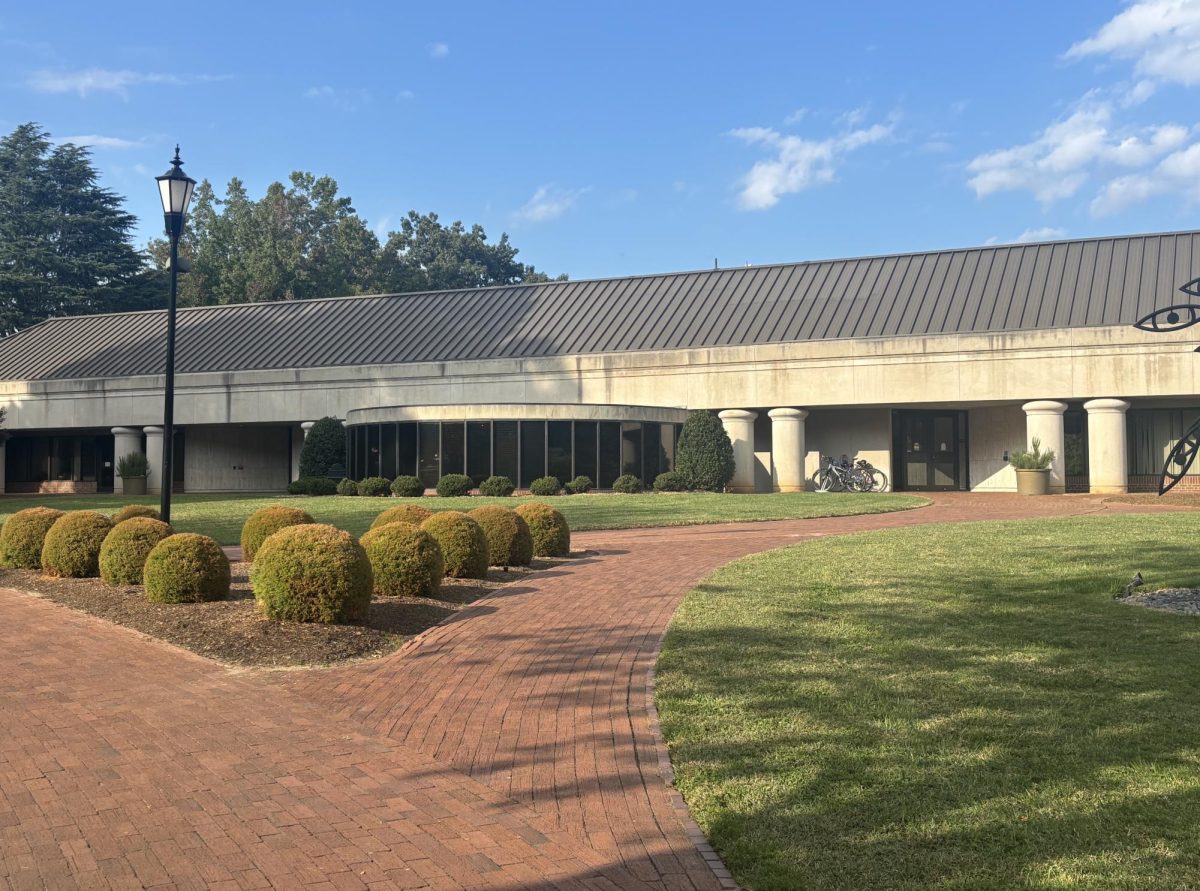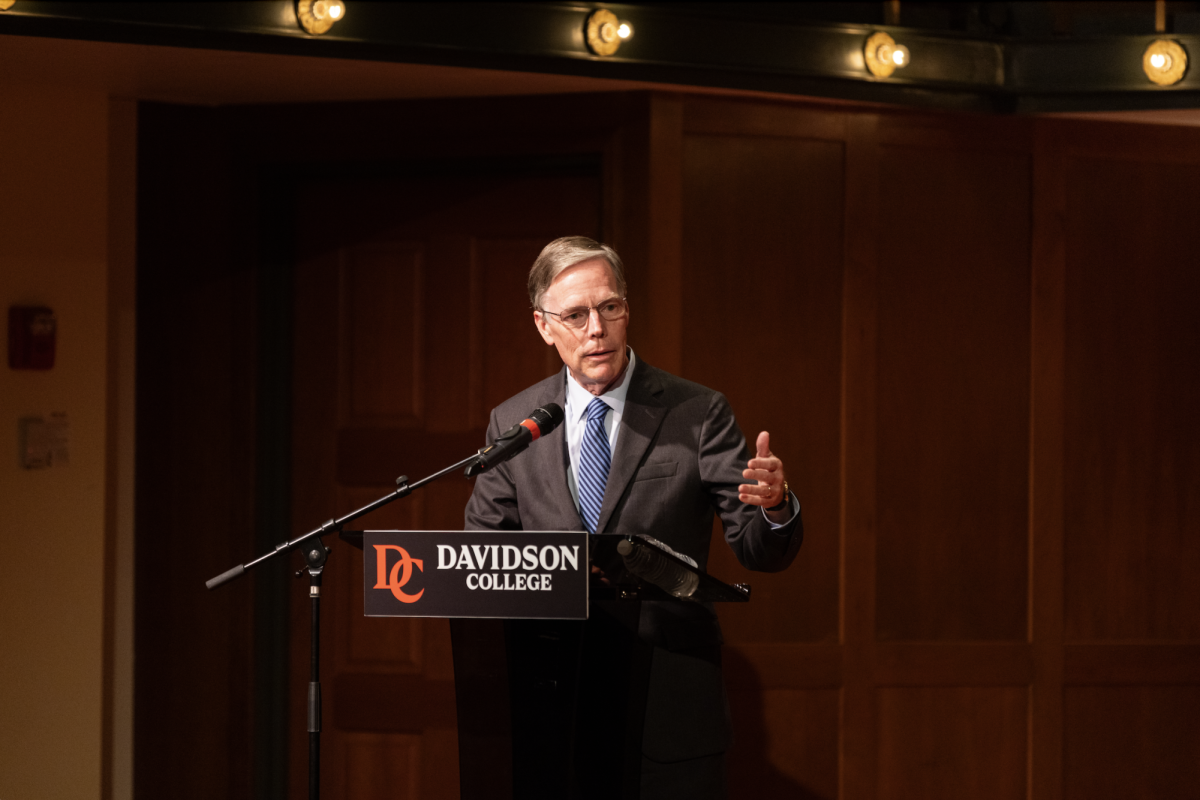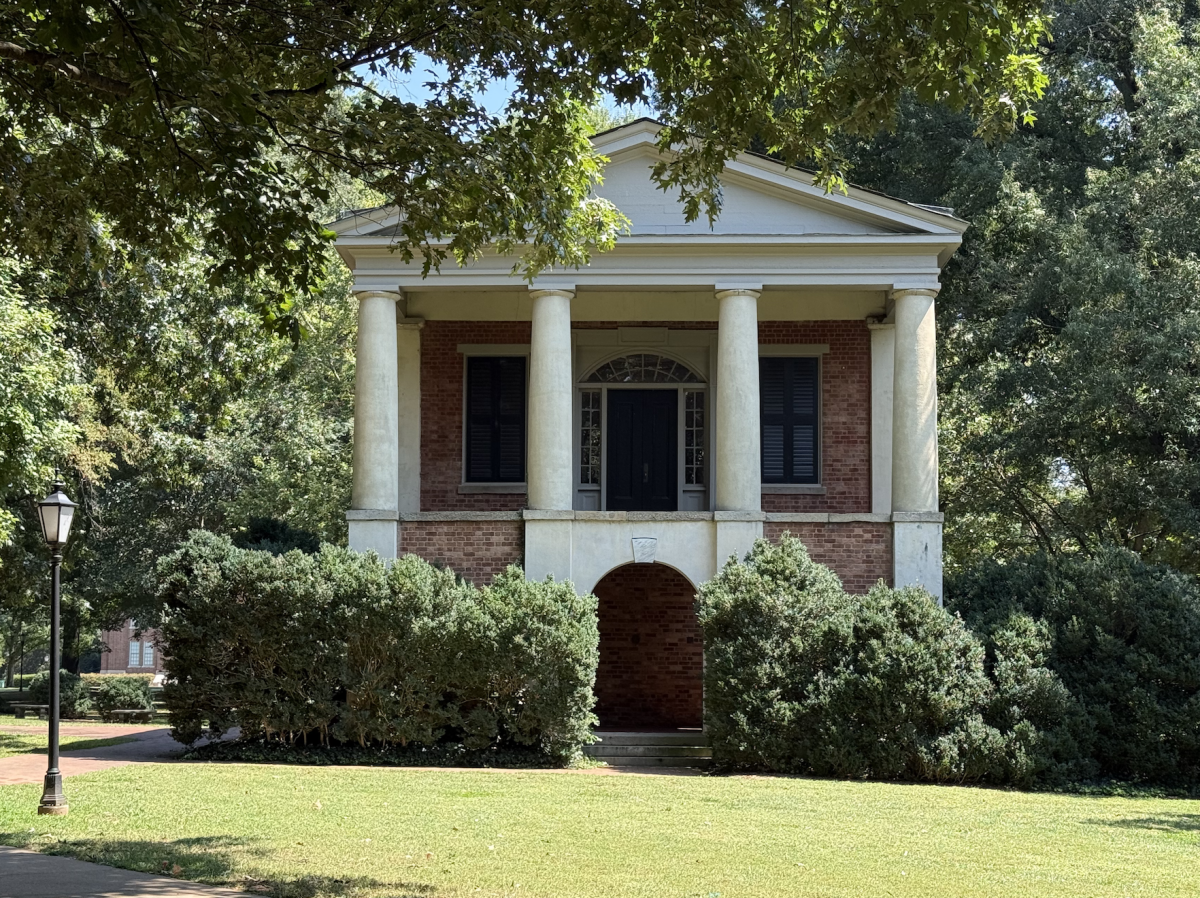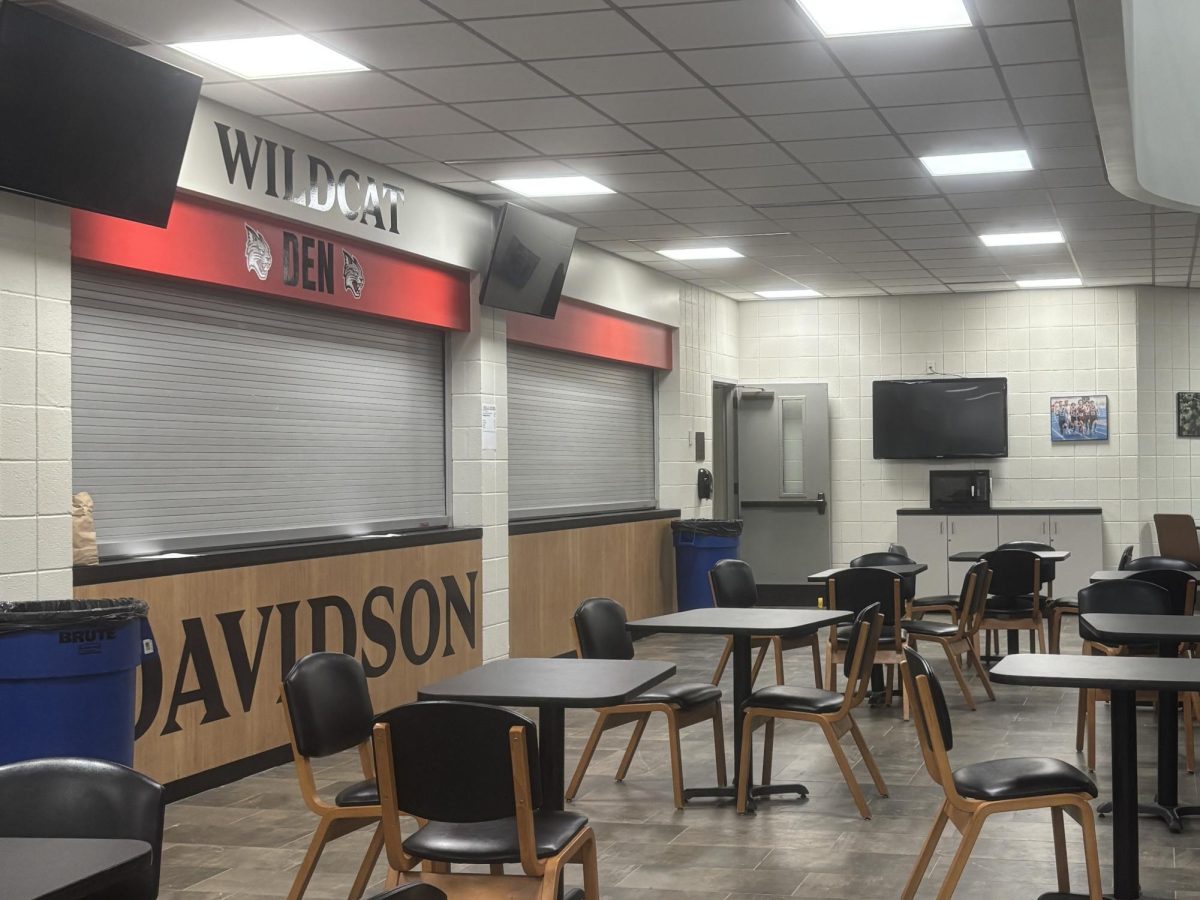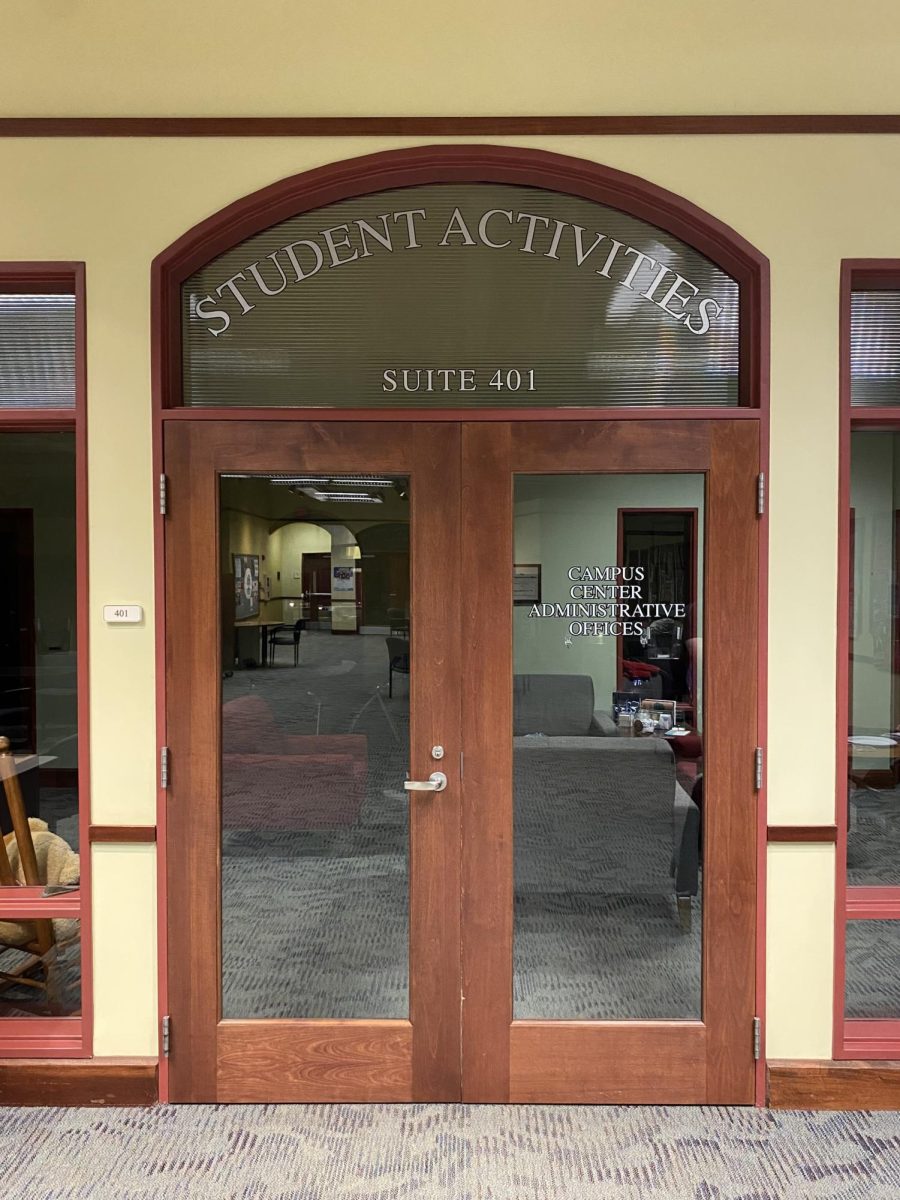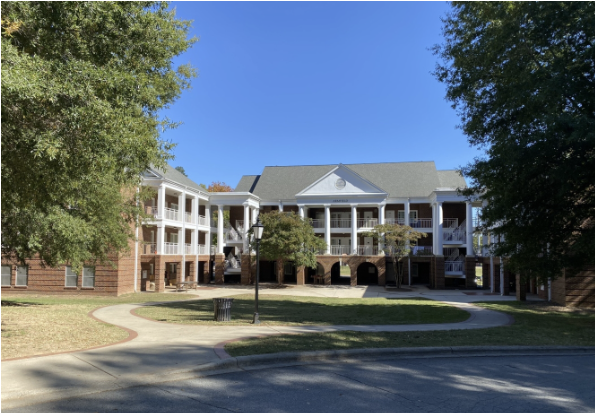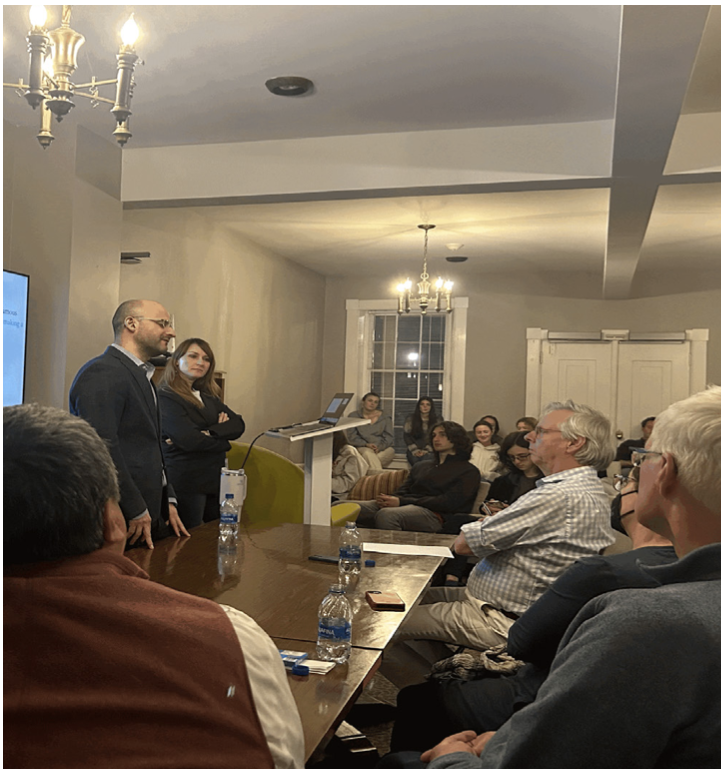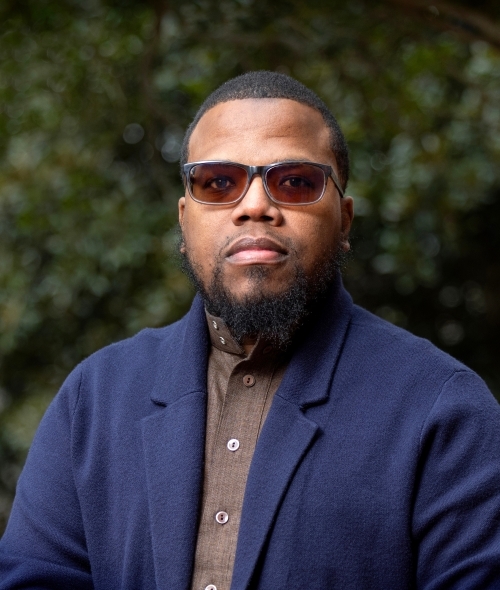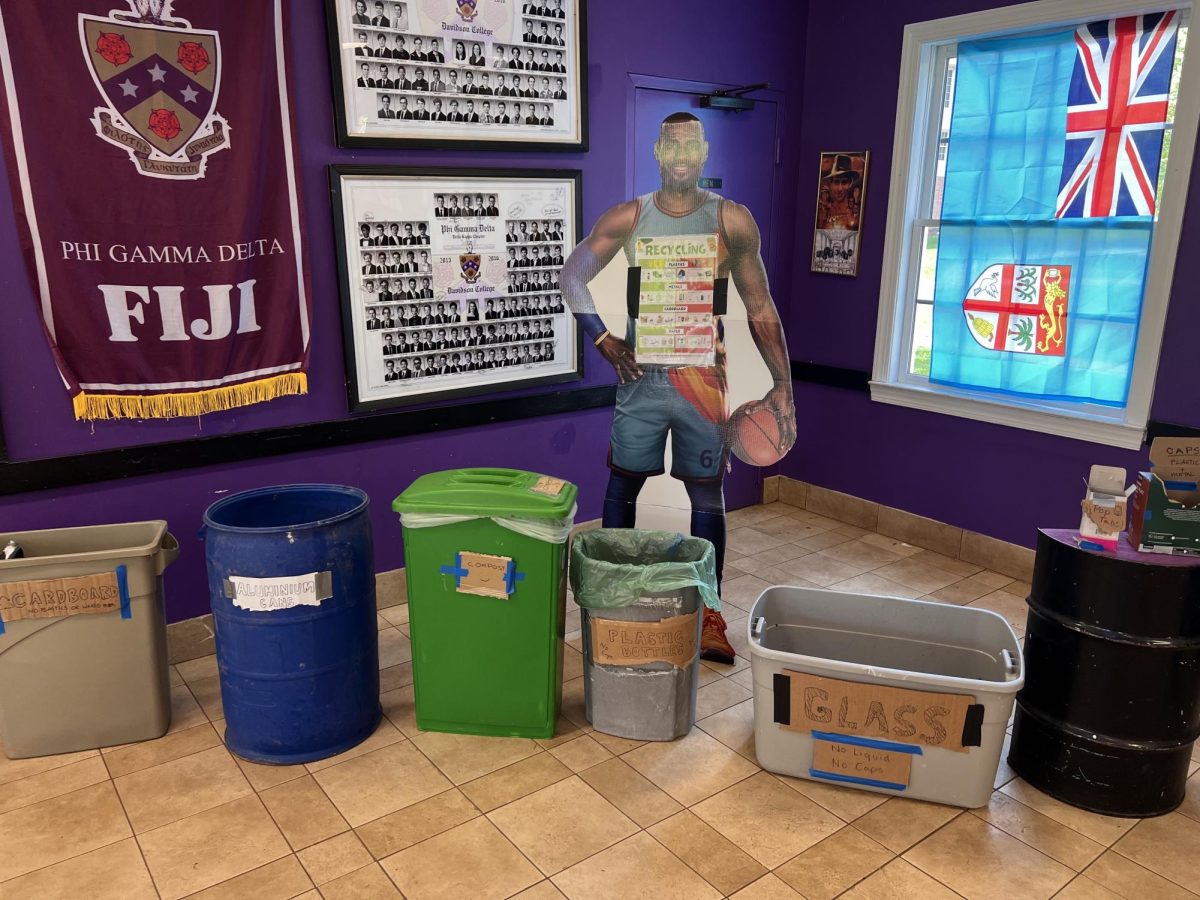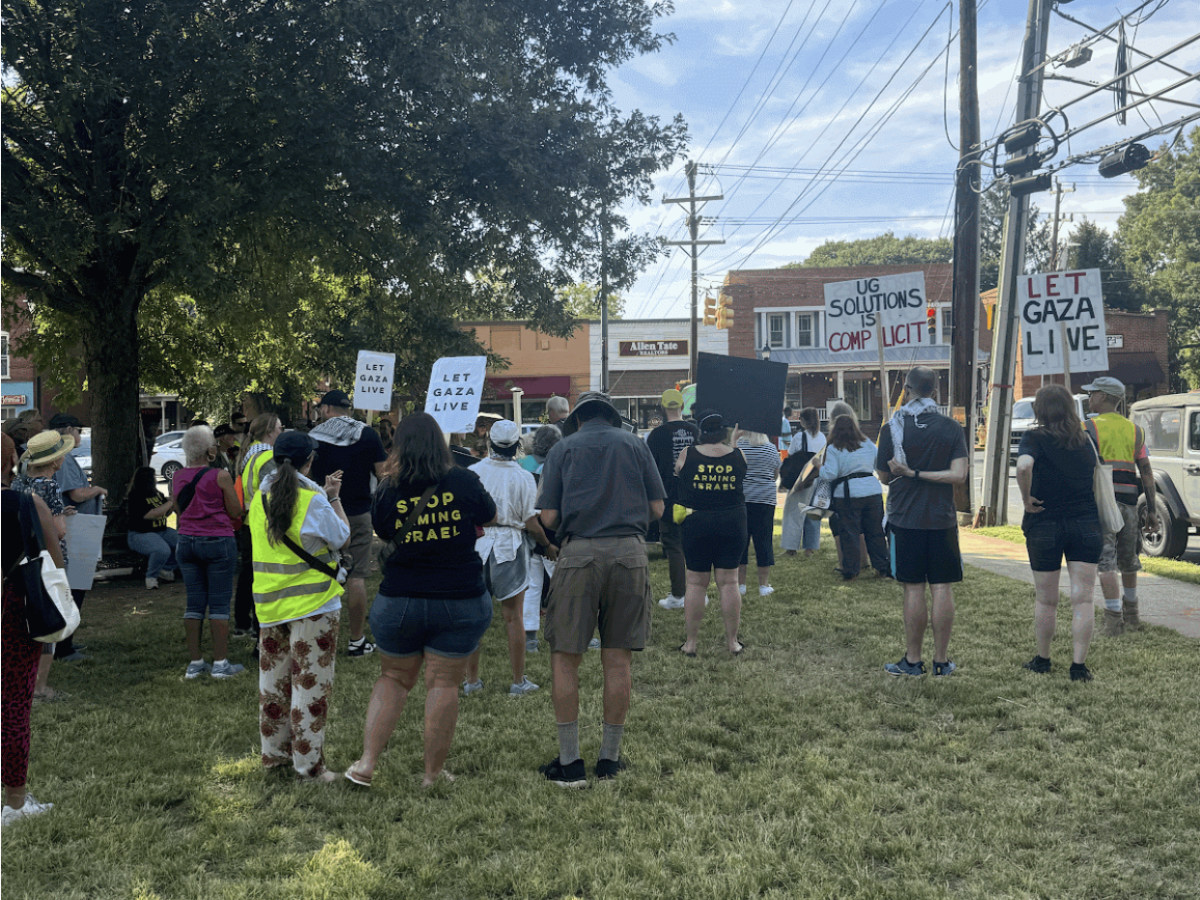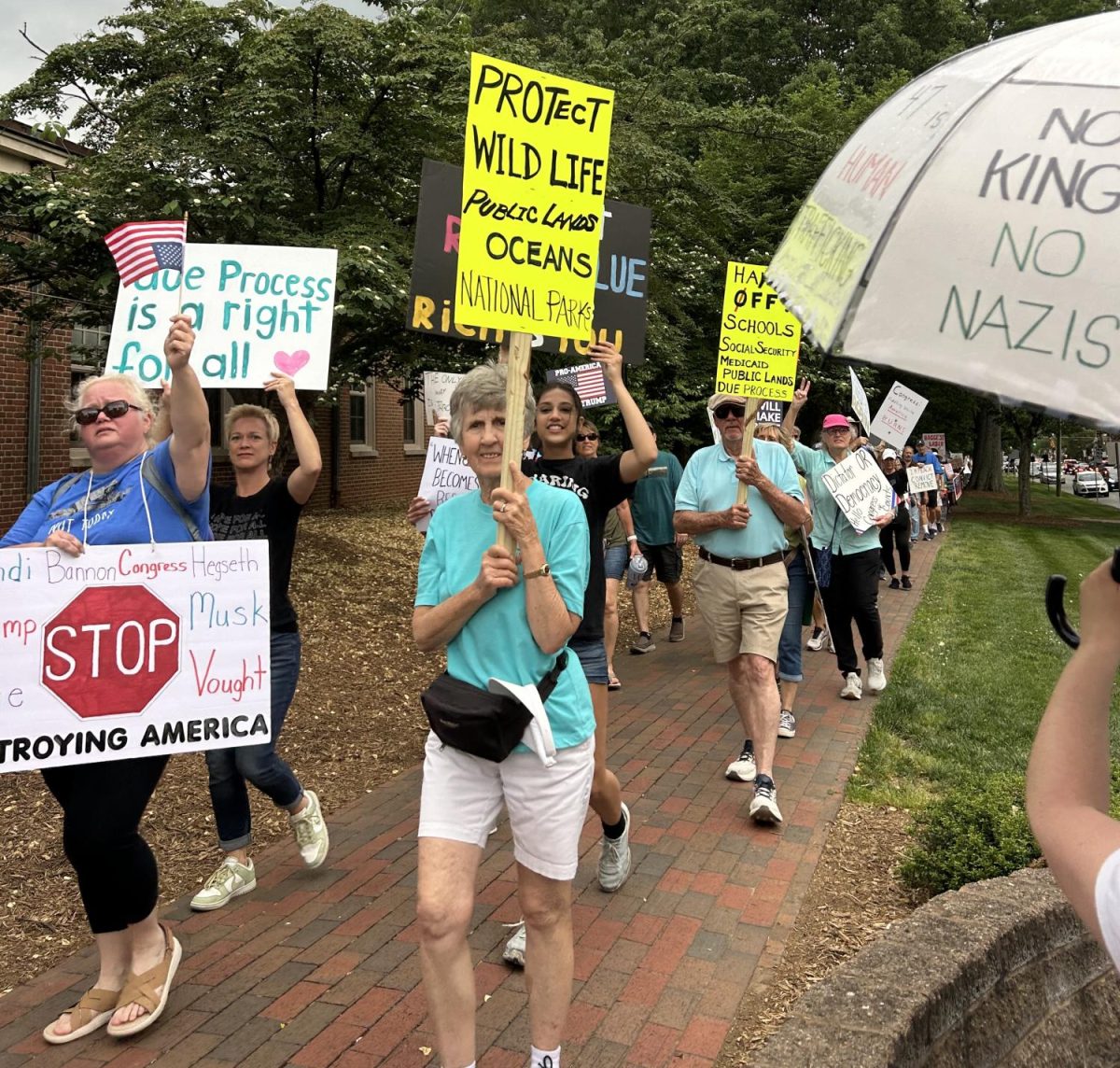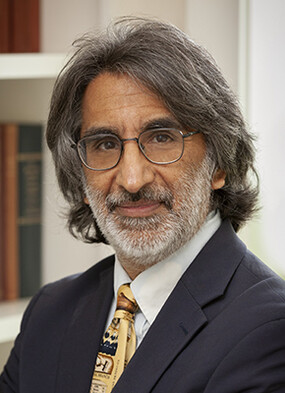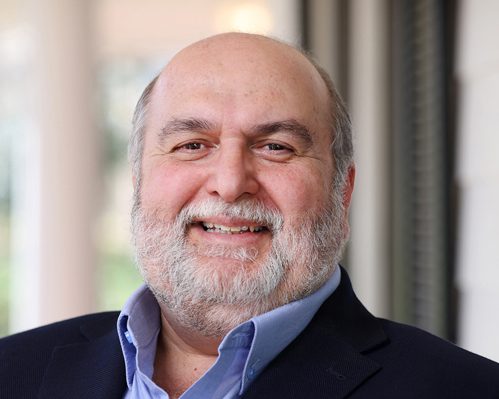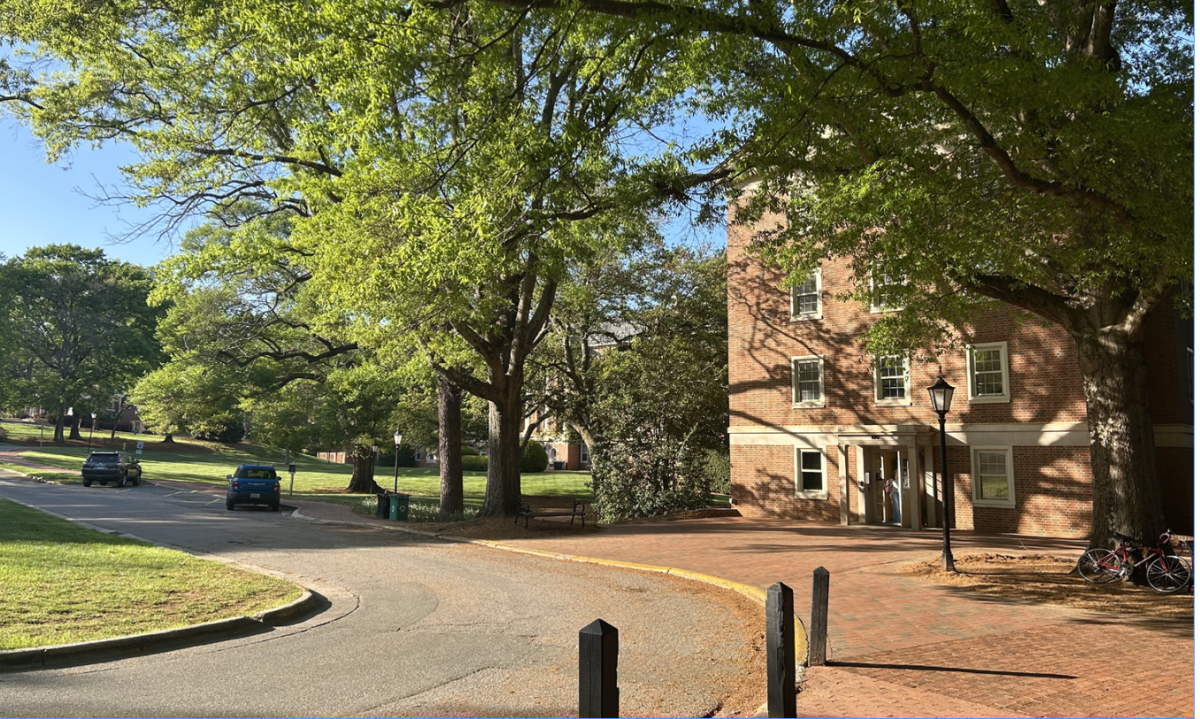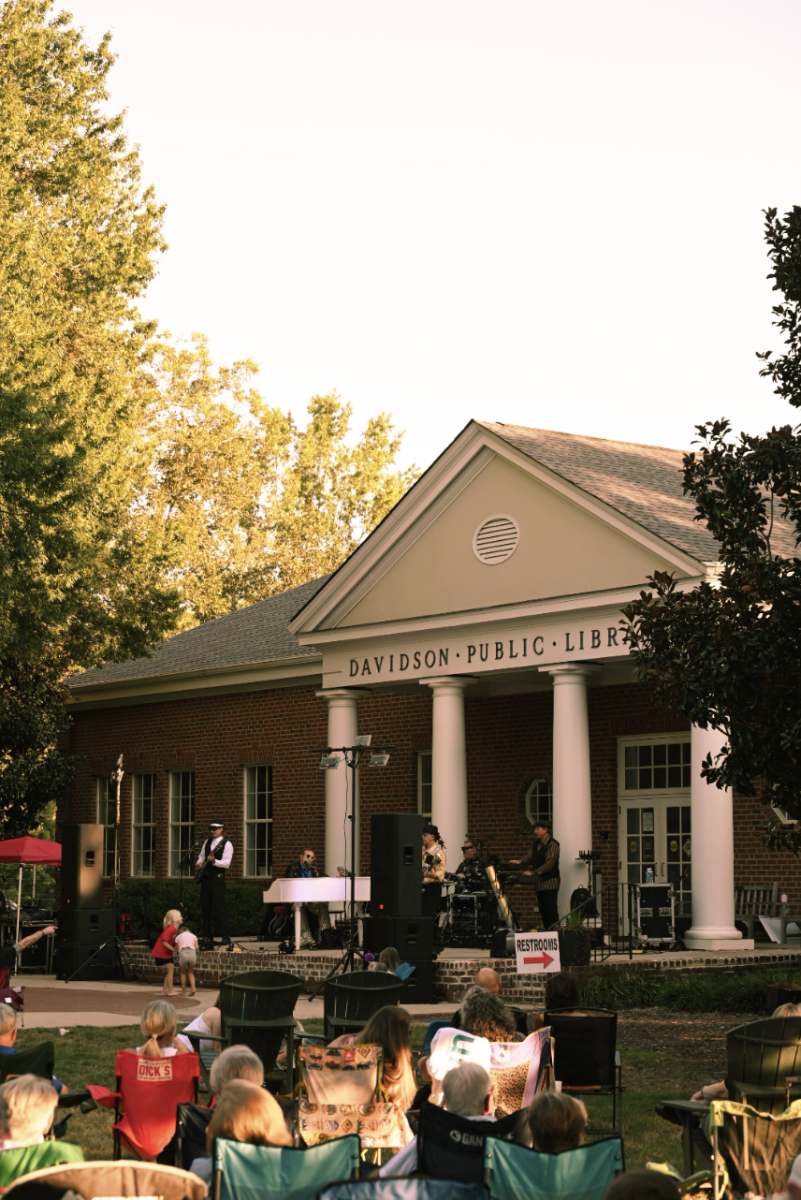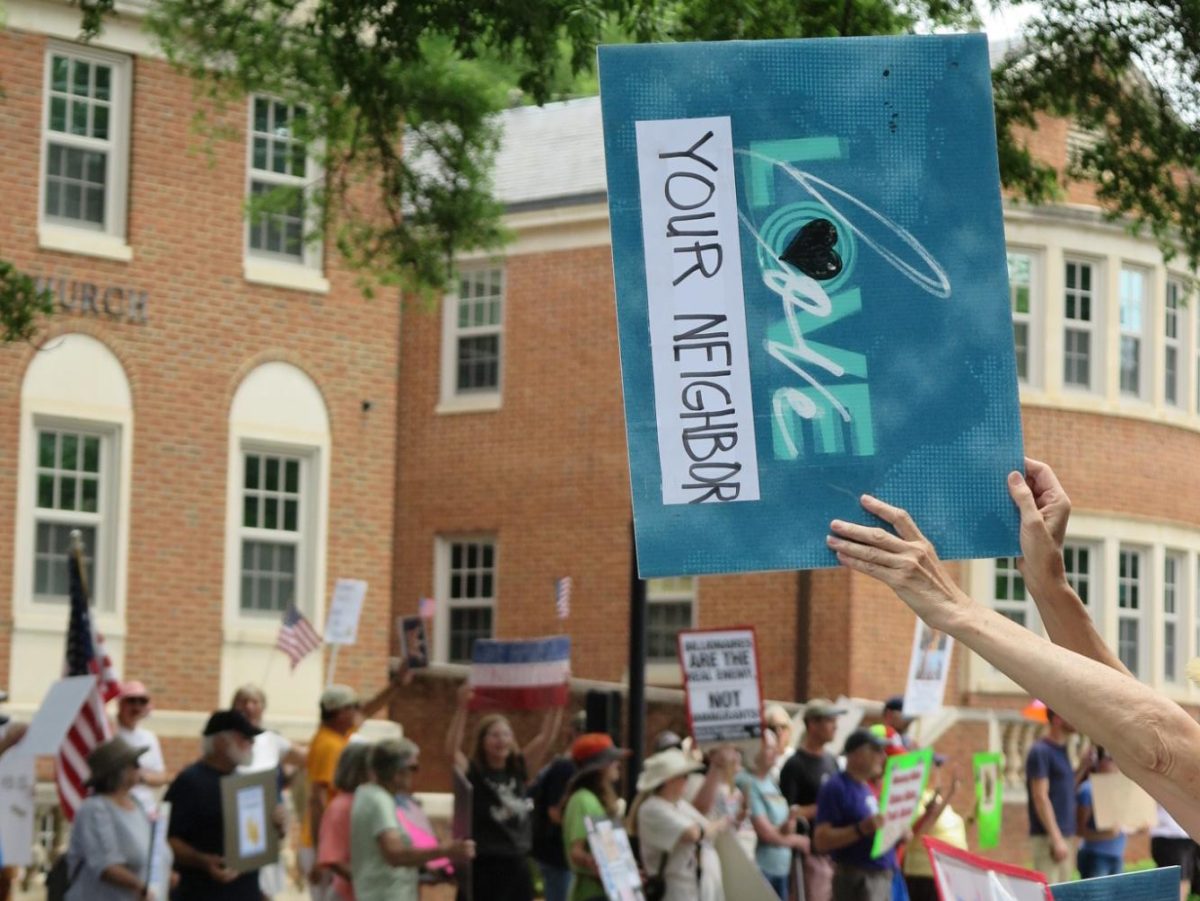President Trump targeted immigrants throughout his 2024 campaign, and through a series of early executive actions, he has carried out a seismic shift in federal immigration policy. The impacts are being felt in Davidson and the greater Charlotte area, provoking fear and resolve among local officials and community advocates.
Acting on campaign promises, Trump has initiated mass deportations of undocumented immigrants, halted refugee resettlement programs and greatly expanded the powers of U.S. Immigration and Customs Enforcement (ICE). Among the most controversial proposals is Trump’s threat to end birthright citizenship—an integral part of the 14th Amendment—which a federal judge recently rejected as unconstitutional.
These significant policy changes have impacted the Davidson College community, raising questions about how students will be affected. In a Feb. 6 email to students, College President Doug Hicks ‘90 reaffirmed Davidson’s Statement of Purpose, which reads: “As a college that welcomes students, faculty, and staff from a variety of nationalities, ethnic groups, and traditions, Davidson values diversity, recognizing the dignity and worth of every person.”
Davidson has already taken steps to support undocumented and Deferred Action for Childhood Arrival (DACA) recipient students.
“The College has arranged for an immigration attorney to come to campus to offer free, confidential consultations to students who have immigration-related questions, and a donor has made it possible for the attorney to assist students with certain immigration processes and renewals at no cost to the student,” Director of Media Relations Jay Pfeifer said in an interview with The Davidsonian.
The College’s policy regarding cooperating with ICE has not changed. “Federal immigration enforcement officers are required to have a criminal arrest or search warrant to lawfully enter limited access, nonpublic areas without consent,” Pfeifer said. “Most often, immigration officers who might come to campus would be acting on civil, not criminal, authority, and generally carry administrative warrants. Administrative warrants are not signed by a judge and do not authorize officers to enter limited access areas without consent.”
Pfeifer clarified that College policy toward undocumented and DACA-recipient students, which encourages students to apply to Davidson “regardless of their immigration status,” remains unchanged.
In recent years, the Davidson community has come together to support refugees and immigrants from various backgrounds. Davidson for Ukraine (D4U) began in 2022 following Russia’s invasion of Ukraine, and has partnered with the Davidson College Presbyterian Church (DCPC) to support Ukrainian refugees living in Davidson. DCPC has also been supporting two Afghan families who arrived in 2021, providing them with housing and assisting their transition to life in the U.S.
Concern has spread throughout the Charlotte Metropolitan region. According to the Census Bureau’s most recent estimates, approximately 308,900 immigrants reside in the region, 58% of whom are non-citizens. The Trump administration’s rescission of schools, hospitals and churches as “safe zones” from ICE raids has instilled fear and confusion in immigrant residents in Mecklenburg County.
“A lot of the things you’re seeing nationally are very worrisome,” Becca O’Neill, an immigration attorney and co-director of Carolina Migrant Network, which offers free legal services to immigrants facing detention or removal, said.
Many of O’Neill’s clients are parents who are particularly fearful of ICE targeting public schools. Despite no reported ICE raids in Mecklenburg County yet, O’Neill emphasized the atmosphere of fear caused by these policy changes. “They’re afraid of what could happen to their children or to them.”
In a recent press release, the Charlotte-Mecklenburg Schools (CMS) Board of Education reaffirmed the constitutional right of all students, regardless of immigration status, to free public education. Citing the landmark Plyler v. Doe Supreme Court case, the Board of Education stated, “Regardless of any federal policy change, CMS will continue to comply with federal statutes, state statutes, and Board policies that protect all of our students’ rights to a public education.”
Despite the fear caused by Trump’s anti-immigrant rhetoric and executive actions, schools and community groups in Mecklenburg County and throughout North Carolina are not giving in to the pressure from federal authorities. Wake County Schools, the largest public school district in North Carolina, declared that the district reserves the right to refuse ICE raids, barring “exigent circumstances.” Grassroots groups and nonprofit organizations, including Carolina Migrant Network, Durham Rapid Response and Siembra NC, have mobilized to provide immigration hotlines, legal services and know-your-rights workshops.
Despite the state legislature’s passage of House Bill 10 last year, which requires county sheriffs to obey ICE detainer requests, “the Sheriffs of North Carolina’s most populous counties — like Wake, Guilford, and Mecklenburg — have previously not honored those detainer requests,” according to North Carolina Public Radio.
Religious leaders in North Carolina are also responding. Catholic Bishops Michael T. Martin of the Diocese of Charlotte and Luis Rafael Zarama of the Diocese of Raleigh issued a joint statement on Feb. 6 emphasizing the importance of treating others with dignity and respect.
“As Catholics, we advocate for the recognition that immigrants, as members of God’s human family, are deserving of and must be granted the appropriate dignity as our brothers and sisters in the Lord. Jesus himself was a refugee and taught us to welcome the stranger and to realize that in welcoming the stranger, we are welcoming Christ himself.”
Peter Henry, a pastor at DCPC, echoed a similar sentiment. “For some of us, the Bible seems pretty clear about refugees, aliens and immigrants.” Henry noted that in the case of Jesus, “even some of our foundational biblical figures were immigrants.”
Henry connected the historical persecution of Presbyterians toward DCPC’s mission of supporting immigrants and refugees—as evidenced by the congregation’s support of Afghan and Ukrainian refugees and current work on developing know-your-right packets for immigrants.
“There are a lot of people who are very scared right now, they’re fearful for a lot of vulnerable populations,” Henry said. “I think as Christians, you should be particularly attentive to that fear for people who are more vulnerable.”


